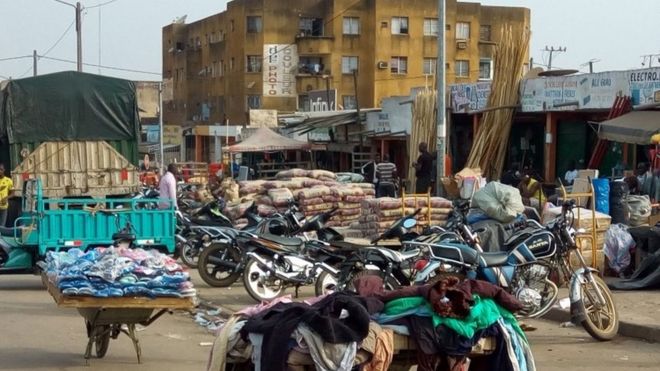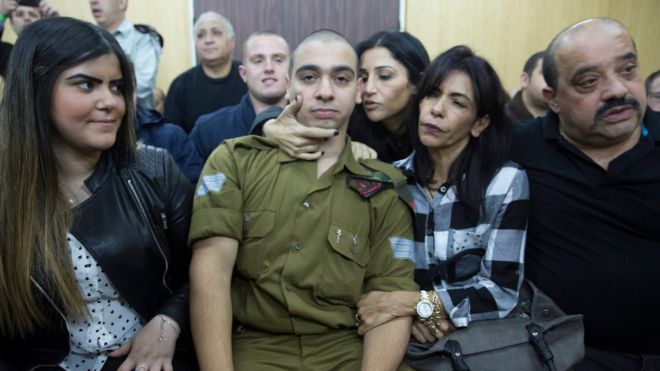By Sarah Lafen
Impunity Watch Desk Reporter, Europe
LONDON, England — The British Red Cross has issued a warning to the British National Health Service (NHS) of overcrowding in United Kingdom hospital emergency rooms, calling the situation a “humanitarian crisis.” The warning comes after two patients passed away after long waits on trolleys in the hallways of a Worcester hospital. One of the patients passed away after suffering cardiac arrest in a hallway after waiting 35 hours for a hospital bed.

In response to the issue, the group has dispatched volunteers across the UK to transport patients from the hospital to their homes in order to free up hospital beds. The crisis is also affecting ambulatory services, and the Red Cross has provided support to staff in Nottingham, Leicester, Lincoln, Kettering and Northampton. Mike Adamson, chief executive of the British Red Cross, stated that people are “sent home without clothes, some suffer falls and are not found for days, while others are not washed because there is no carer there to help them.”
Dr. Mark Holland, president of the Society for Acute Medicine, told reporters that “people dying after long spells in hospital corridors shows that the NHS is now broken.” Holland emphasized that the efforts of staff to prop up the system are no longer enough to keep the system afloat.” The system is being strained due to the demand for a world-class service that is only provided third-world levels of staffing and beds.
Health Secretary Jonathan Ashworth admonished the British government for not acting to prevent this situation, calling the need for Red Cross assistance “staggering.” Ashworth noted that “[f]or the Red Cross to brand the situation a ‘humanitarian crisis’ should be a badge of shame for Government ministers.”
The Red Cross is urging the government to spend more money on social care for the sick and elderly populations. According to the Red Cross, cuts to social care funding has resulted in the inability of some patients to be discharged because there is no medical support available for them outside of the hospitals.
In September, the membership organization for the NHS warned that the healthy system was on the verge of collapse unless immediate funding was provided.
Hospitals across the UK have issued public please for people to stay away from Accident and Emergency wards (A&E) unless they have a “genuine emergency.”
For more information, please see:
Newsweek — Red Cross: Britain’s Health Faces ‘Humanitarian Crisis’ — 7 January 2017
Press TV — NHS Faces ‘Humanitarian Crisis’ at Hospitals, British Red Cross Warns — 7 January 2017
The Republic — Red Cross Calls UK Hospital Crowding a “Humanitarian Crisis” — 7 January 2017
Times of Malta — Britain’s Health Service in ‘Humanitarian Crisis’ – Red Cross — 7 January 2017


